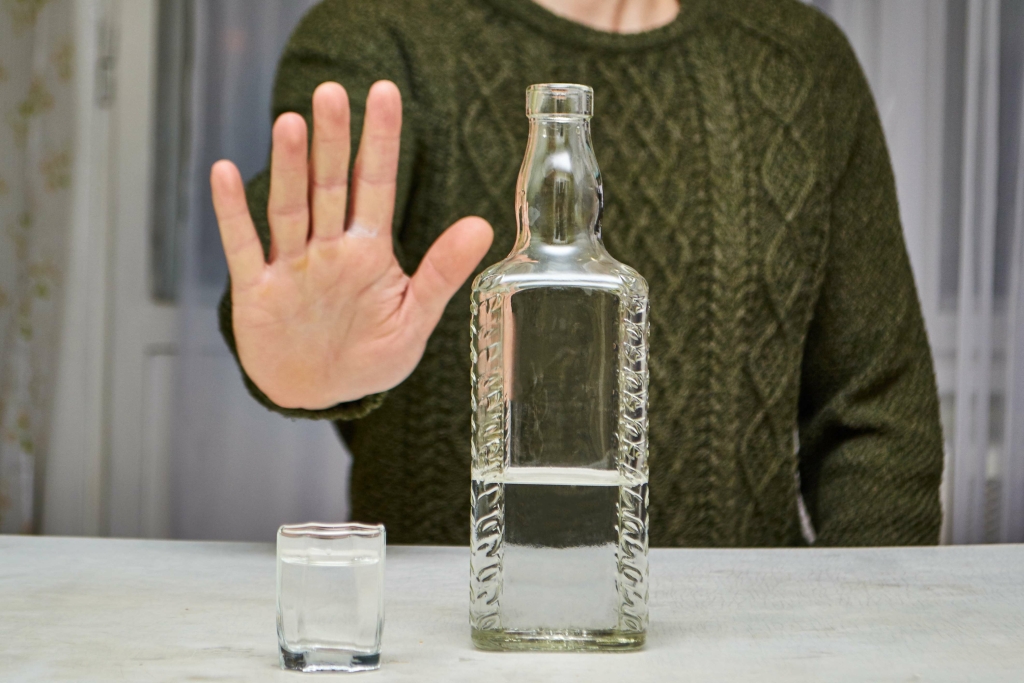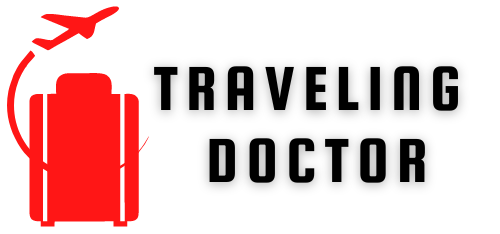Teenage Drug Addiction: Warning Signs and Effects of Drug Use
Art, music, coding, or volunteering allow teens to express creativity and develop new talents. It’s important to note that these signs can also indicate other issues. Open https://ltinversionesperu.com/2025/01/16/sobriety-a-comprehensive-guide-to-staying-sober/ communication and professional assessment are key to accurate identification. Every parent does things in their own unique way, so the consequences you choose to enforce are entirely up to you.
How Can Parents Deal With Teen Substance Abuse?

You may feel like you can’t talk to anyone about your child’s drug use without being judged or blamed. Teen drug content shared online often glamorizes illegal drugs and promotes risky behaviors. Paid advertising, fees from purchases, and influencer culture contribute to the normalization of substance use. This lowers teens’ perception of harm, increasing the development of substance use problems over time. Caregivers need to have an open line of communication with their teens and teach them about the risks of using drugs. It’s also important to know the signs of drug use and intervene early to help teens who are at risk for or have already developed substance use disorders.
Avoid TV programs, movies, and video games that glamorize tobacco, alcohol, and drugs.
Because the teen brain is still developing, exposure to substances at this age increases the risk of SUD. If those friends are older, teens can find themselves in situations that are riskier than they’re used to. For example, they may not have adults present or younger teens may be relying on peers for transportation.
Identify Early Warning Signs of Teenage Substance Abuse
Data demonstrated that 50% of teenagers reported misusing a drug at least once in their lifetime. Moreover, “86% of teenagers know someone who smokes, drinks, or uses drugs during the school day.”2Teen drug abuse is an incredibly frightening public health issue that we must address. Education and awareness are vital in preventing drug and alcohol misuse. Substance use disorders can lead to a number of health problems, including heart disease and increased heart Substance abuse attack risk, high blood pressure, liver failure, and sleep disorders. Also, if adolescents begin to use drugs or alcohol as a coping mechanism, they may be more likely to rely on them to navigate life’s basic challenges.
While every individual instance of adolescent substance use is different, there are some factors that could cause an increased risk of drug use. Through my own experience, I have developed a deep empathy for other parents who are facing similar struggles with their own teenagers. I know that addiction can be isolating and stigmatizing, and I am here to help families break through the barriers that can make recovery feel impossible. We understand that dealing with teen drug abuse can be overwhelming and isolating, but you don’t have to face it alone. If you need any information or resources related to teen drug abuse, our FAQ section is here to help. We believe in the power of prevention and early intervention and that by providing education and resources to parents and teens, we can help prevent drug use before it starts.
Teenagers may turn to drugs for various reasons, including peer pressure, mental health challenges, curiosity, and media influence. Our Comprehensive Services We offer personalized guidance for individuals, families, and organizations through integrated support systems tailored to their unique needs. Our expert team provides targeted behavioral intervention strategies and delivers specialized assistance to healthcare providers, educators, and industry professionals.
- Peer influences are one of the most common risk factors for teen drug abuse.
- Peer pressure is one of the most common reasons teens start using drugs.
- Mental health disorders such as anxiety or depression often co-occur with substance use.
- Teen brains are more focused on rewards and taking risks compared to adult brains.
- In the US alone, 3,500 board-certified physicians specialize in substance use disorders.
- Anyone can submit a request for no-cost technical assistance at OpioidResponseNetwork.org.
After submitting your contact information, you will be redirected to our online scheduling system to choose an appointment time that works best for you. These platforms allow for anonymity and flexibility, accommodating the needs of individuals who may not feel comfortable seeking help in person. Here are some actionable tips to help guide and support your teen through these formative years. Together, we will navigate the key elements of addiction and work with a team of experts to develop a comprehensive treatment plan for your youngster. For many parents, fear and uncertainty are among the first emotions to arise.
Education and early intervention are essential to keeping teen drug abuse teens safe and substance-free. Some teens turn to drugs due to feelings of loneliness, mental health challenges, or even curiosity. Understanding the causes of teenage drug addiction can help parents empathize with their teen’s experience and offer effective support.
- Online platforms and helplines offer anonymous support and information.
- Since it’s hard to escape the messages found in music and advertising, discuss with your child the influence these messages have on us.
- Trained crisis responders provide bilingual, trauma-informed, and culturally appropriate care.
Resources include school counselors, therapists and substance use prevention programs. And you can always connect with our helpline for guidance on your situation. In some cases products common in homes and that have certain chemicals are inhaled for intoxication. And teens may also use illicit drugs such as cocaine or methamphetamine. And if they are lonely or dealing with stress, teens may use substances to distract from these feelings.

Teens in recovery benefit from structure and accountability, which help them develop self-discipline and responsibility. Parents should establish expectations around curfews, school attendance, work habits, and participation in sober activities. Consequences for broken rules should be fair and consistent, reinforcing the idea that choices have real impacts.
